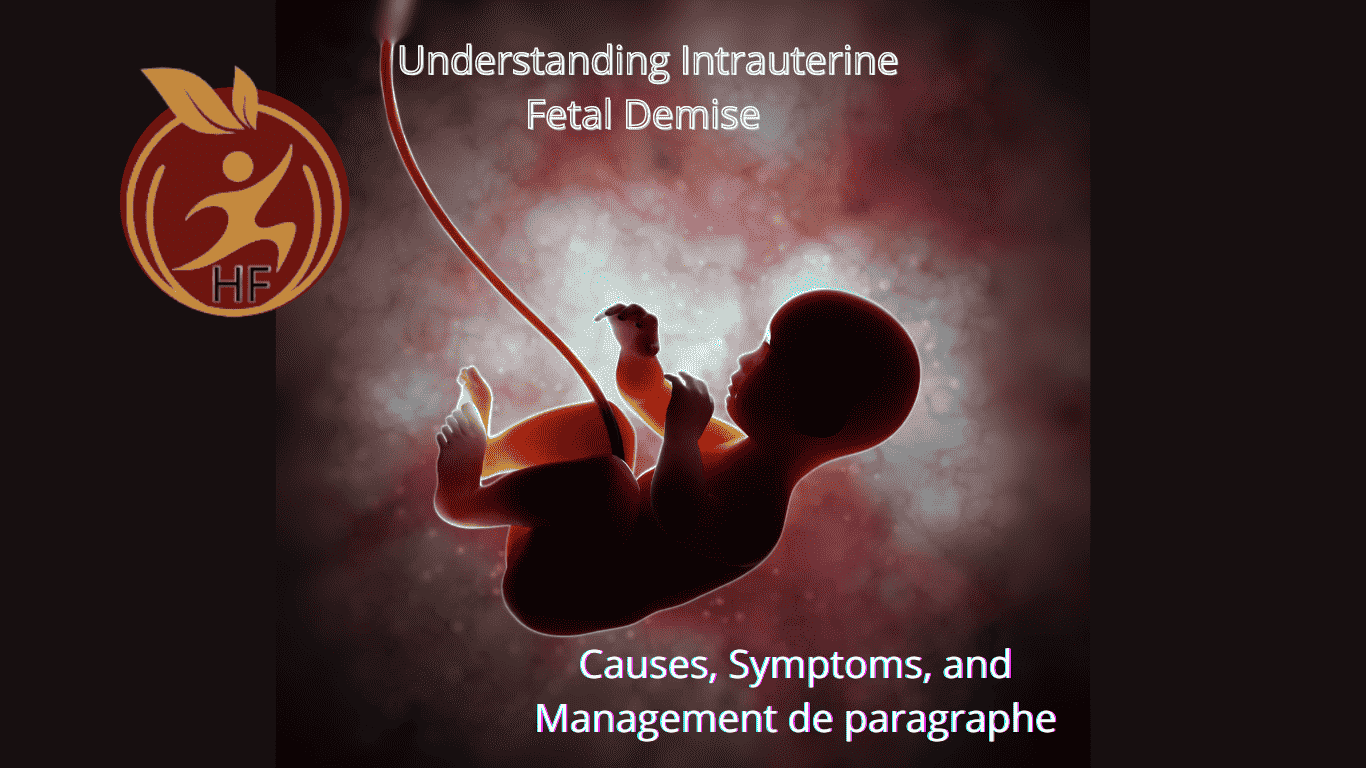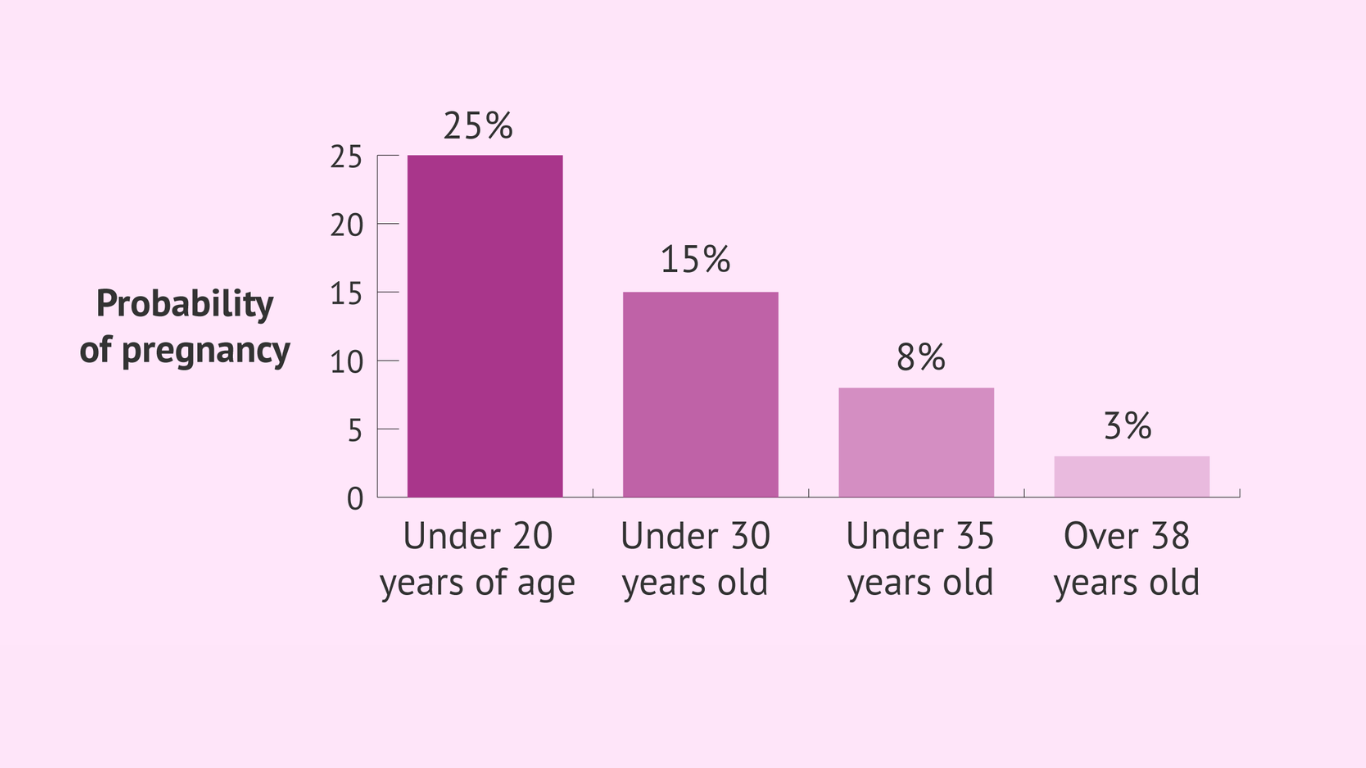A baby dying in the womb after 20 weeks of gestation is referred to as intrauterine fetal demise (IUFD), commonly known as stillbirth. The purpose of this article is to provide information on the causes, signs, and treatment of IUFD.
Intrauterine Fetal Demise (IUFD)
Intrauterine fetal demise (IUFD), also known as stillbirth, refers to the death of a fetus in the uterus before birth. It is a devastating event for expectant parents, and healthcare providers work to identify the underlying causes and provide support to the affected individuals. Here are some key points related to intrauterine fetal demise:
- Definition: IUFD is typically defined as fetal death that occurs after 20 weeks of gestation. Before 20 weeks, a pregnancy loss is usually referred to as a miscarriage.
- Causes: The causes of intrauterine fetal demise can be diverse and may include genetic factors, congenital anomalies, placental abnormalities, infections, maternal health conditions (such as diabetes or hypertension), umbilical cord complications, and other factors.
- Risk Factors: Various factors may increase the risk of IUFD, including advanced maternal age, multiple pregnancies (twins, triplets), maternal smoking, substance abuse, and certain medical conditions.
- Diagnosis: IUFD is often diagnosed through imaging studies, such as ultrasound, which confirms the absence of fetal heartbeat. Further tests, such as blood tests, genetic testing, and postmortem examinations, may be conducted to determine the cause.
- Management and Care: Once IUFD is diagnosed, the management involves discussing options with the parents. This may include inducing labor or, in some cases, allowing labor to occur naturally. Emotional and psychological support is crucial for the grieving parents during this challenging time.
- Prevention: While not all cases of IUFD can be prevented, maintaining a healthy lifestyle, attending regular prenatal check-ups, and managing underlying health conditions can help reduce the risk.
- Grief Support: The loss of a baby is emotionally challenging, and healthcare providers often connect parents with support groups, counselors, or mental health professionals to help them cope with their grief.
Manifestations:
Recognizing the signs of IUFD is essential for prompt medical attention. Key symptoms include:
- Absence of fetal movements
- Lack of fetal heartbeat
- Changes in fetal position
Management and Prevention:
Medical professionals employ various strategies to manage IUFD and prevent recurrence, such as:
- Close monitoring during pregnancy
- Advanced imaging techniques
- Genetic counseling for at-risk couples
Although intrauterine fetal death is a tragic event, better outcomes can be achieved by comprehending its causes, identifying symptoms, and putting into practice efficient management techniques. We can try to lower the incidence of IUFD by increasing awareness and advocating for thorough prenatal care.










